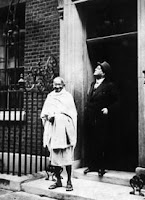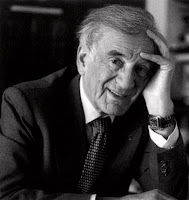
If there is one concept that has changed my life more than any other this year, it is the third way.
I don’t even know where I first found it, but I know that I think it is important, I see it everywhere.
I see it in the scriptures; Jesus calls it turning the other cheek.
I see it in psychology, it is called reflecting.
I see it in books, in movies, in my life, in other people’s lives.
The third way is happening all around me.
I just never realized it was so foundational, so important, so astonishingly simple.
I realized that in every conflict I have, either with another person or with myself, I usually do one of two things. I try to control or I back away. Fight or flight. In attachment theory, this is ambivalent attachment and avoidant attachment. I can get really angry at some problem I have, or I can distract myself from the problem and pretend it doesn’t exist. This is how I usually live my life. This is how everyone lives there life. Pretty boring when you think about it, and definitely not very helpful. We live out the same patterns, day after day, year after year, still fighting, still fleeing.
But what is amazing is that all we have to do to change this is do anything else. As long as you don’t control or run, you are doing something different. And if you are doing something different, you are breaking out of your addiction to reacting without any choice. Anything will do. God isn't saying to us there is only one right answer; He is saying there are only two wrong answers.
Recently I got a c- on a paper I thought I did a good job on.
Normally I do one of two things.
I get really angry at myself, sending me into a funk and I end up feeling really hopeless.
Or I try not to think about it, distracting myself by thinking about football.
But what if I did something else?
What if I thought about my paper without dwelling on it or running from it?
It would have been different, and that would have been the start of change in my life.
I didn’t do something else.
I didn’t even think about it till long after I had run from any thought of that paper.
The third way is hard to remember when you are flooded with bad thoughts.
And it can be very exhausting.
But I have started to make those decisions, and I am noticing a profound change in my life.
I am finding a freedom I never thought I could live into.
I feel a little less pressure to get things right.
And I am more convinced than ever this is how God wants us to live, not reacting the same way we always have, like instinct in animals, but rather choosing freedom, choosing a better way.







